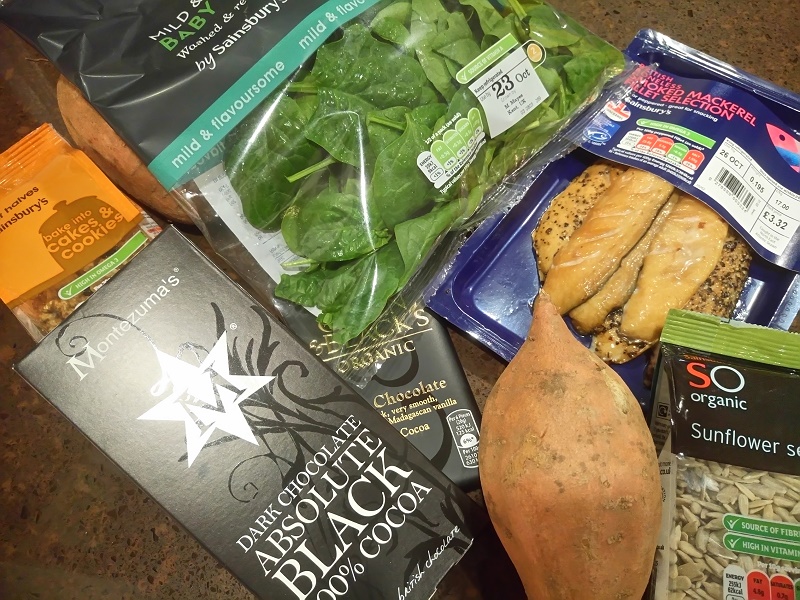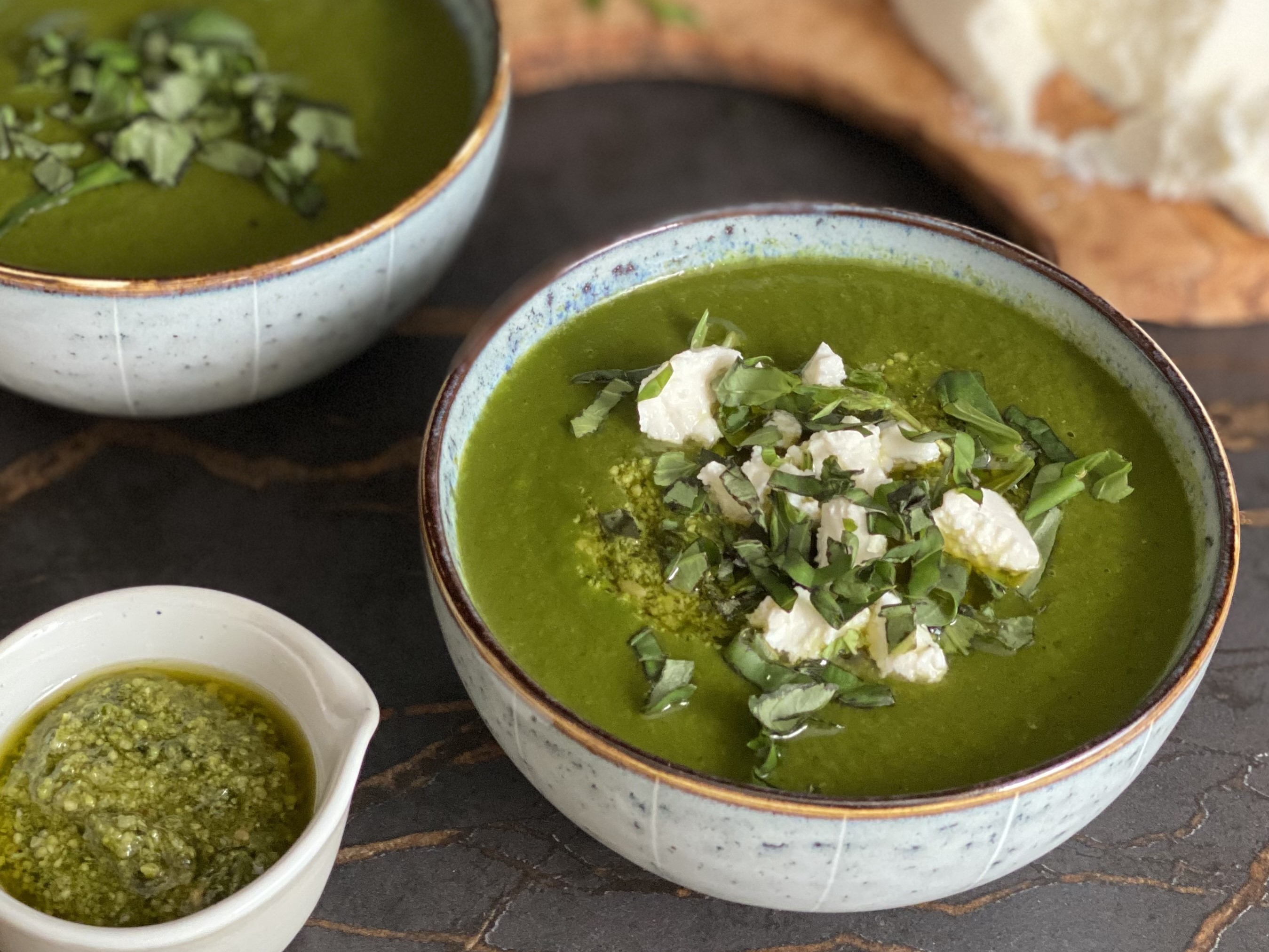Shorter daylight hours and a lack of sunshine can affect our mood but, unlike winter colds or flu, the “Winter Blues” can creep upon us more insidiously, making it harder to recognise what may be causing us to feel lethargic and lacking enthusiasm. Most of us know that a nutrient-rich diet can help protect against winter germs but how about a diet to boost your mood through the darker months? Try including the following foods in your diet to help you stay happy and healthy all winter long!
Mackerel
Our brain consists of around 60 percent fat and requires a diet containing essential fatty acids in order to function well. Omega-3 is believed to be especially important for brain health and research as shown that a diet rich in omega-3 fatty acids can improve cognitive function, Cold-water oily fish are a great source of omega-3 but these fish are also the most prone to accumulating higher levels of mercury. Least contaminated tends to be mackerel, which is also inexpensive and available all year round. In addition, Mackerel contains vitamin D and E as well as other vitamins and minerals to help boost your immunity through the winter. Salmon, sardines, trout and herring are also good alternatives. Good vegetarian sources include walnuts and flaxseeds.
Nuts and seeds
Nuts and seeds are a major staple in my diet, as they were for our “hunter-gatherer” ancestors. Think about it, tiny seeds and nuts are “nutrient capsules” for new plants so it is no surprise they contain an abundant variety of anti-oxidants, minerals, healthy fats, complex carbs and protein. But, it is the high levels of tryptophan, an essential amino acid needed for growth and development, which really makes seeds and nuts an amazing mood boosting food. Tryptophan is necessary for the body to produce the “feel good” hormone serotonin, which can help improve sleep and mood. Other high tryptophan foods include tofu, poultry, fish, oats, beans, lentils, and eggs.
Sweet Potato
Carbohydrate phobia has gone a bit crazy recently but this is what your brain needs for fuel! Also, eating carbohydrates increases brain serotonin levels (yes this is the same mechanism that drives comfort eating) and explains why prolonged low carb diets can lead to depression. More beneficial than simple carbohydrates, such as bread, pasta and cake, are the complex carbs we find in vegetable and wholegrains. Roasted sweet potato is one of my favourite ways to boost the carb content of my evening meal through the winter months. Plus, its bright orange colour means it is bursting with beta carotene and other antioxidants to support your immune function. Other good gluten-free carb choices includes quinoa, buckwheat, brown rice, millet and oats.
Spinach
Obviously Popeye wasn’t just “a sailor man”, he clearly knew a thing or two about nutrition as well! Whilst the iron content of spinach has been exaggerated by our cartoon hero, it is a rich source of beta carotene, B vitamins magnesium, potassium, L-tyrosine and fibre. This nutrient profile is perfect for improving brain function and reducing the chronic inflammation that can lead to cognitive decline. A diet rich in folates has also been shown to reduce mental fatigue and depression. L-tyrosine is an amino acid that’s crucial for the synthesis of the neurotransmitters dopamine and norepinephrine. Dopamine affects mood and norepinephrine improves memory function so get munching on the green stuff this winter to not only boost your mood but your memory too! Other folate rich vegetables include broccoli, kale and Brussels’ sprouts.
Dark Chocolate
Well I had to include this as I love a little “chocolat noir” and just eating the stuff lifts my mood. Definitely for me, a winter without chocolate would be very dismal indeed and so I always have a supply – well you never know when you might get snowed in!
But there are some health benefits too – yes really! Dark chocolate contains flavonoids, thought to reduce memory loss in older people, and promote brain healing after a trauma such as concussion. Plus chocolate is rich in magnesium, a mineral necessary for healthy metabolism as well as optimum muscle and nerve function. It can also help to improve sleep quality – perhaps this is why cocoa is such a popular bedtime drink. Other good sources of magnesium that come without the caffeine of dark chocolate include green leafy vegetables, pumpkin seeds, lentils and avocados!







